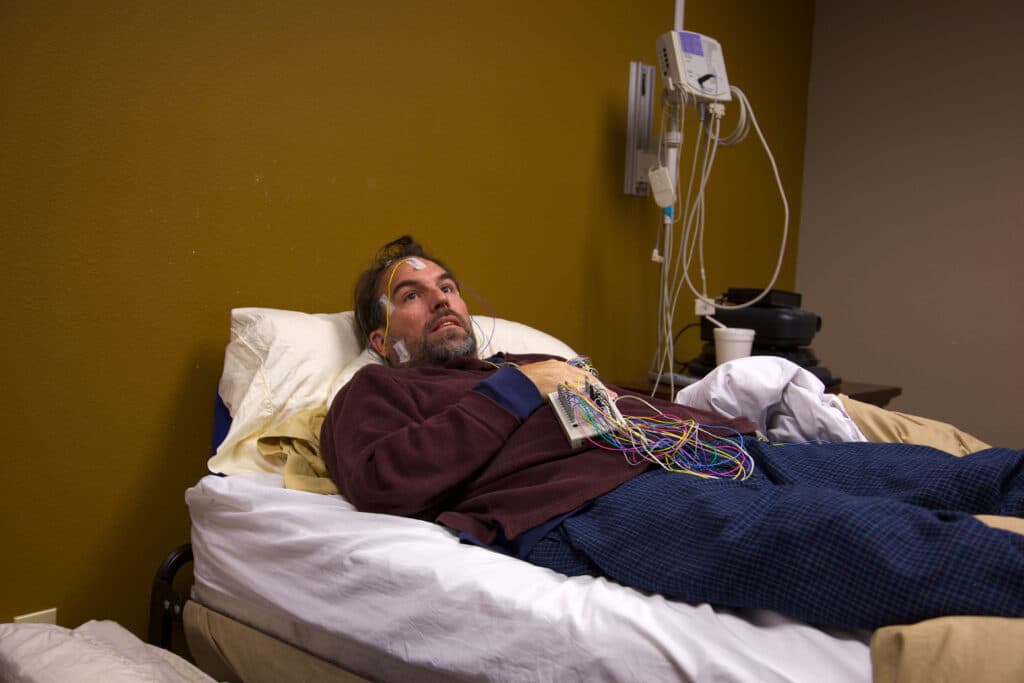UCSF Study Investigates if Irregular Sleep in People with PSP Caused by Neuron Loss

A study by researchers at the University of California, San Francisco investigated if the loss of subcortical neurons contributes to the irregular sleep patterns that are frequently found in people with progressive supranuclear palsy (PSP) and Alzheimer’s disease (AD).
The study, which was published in JAMA Neurology, noted that subcortical neurons can start to degenerate early into the progression of PSP and AD. Researchers hoped to determine if neurons associated with regulating the body’s sleep cycles were affected.
Researchers took brain scans of people with PSP, AD, and those without either condition, before volunteers had their sleep behavior analyzed. Post–mortem samples were taken from nine people with PSP and 10 with AD for a deeper analysis of neuronal degeneration.
The study found that neurons controlling the body’s ability to wake up had degenerated in people with AD and PSP. The loss of “wake up” neurons caused disturbances in the circadian rhythms of those affected, resulting in irregular sleep patterns.
Researchers found that sleep irregularities were greater in people diagnosed with PSP.
While the study seems to indicate that neuron loss could be a primary suspect in irregular sleep patterns, the volunteer pool of the study was both small and racially homogenous. More research is needed to determine if the study’s findings apply to the larger population of those with PSP and AD.
Managing the symptoms of PSP, including sleep dysfunction, can be difficult for care partners and diagnosed people. AFTD has resources available to help you manage the symptoms of PSP and other FTD disorders.
By Category
Our Newsletters
Stay Informed
Sign up now and stay on top of the latest with our newsletter, event alerts, and more…
